
“Real courage is when you know you’re licked before you begin, but you begin anyway and see it through no matter what.”
| To Kill a Mockingbird
LDS Quotes on Work

“Real courage is when you know you’re licked before you begin, but you begin anyway and see it through no matter what.”
| To Kill a Mockingbird
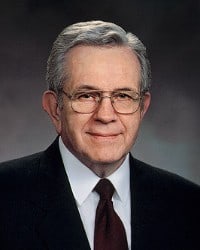
“LDS artists must earn inspiration, just as other artists have. . . . It doesn’t come just because artists are members of the LDS church, they still must work for it.”
| “Art Is Uplifting,” 4
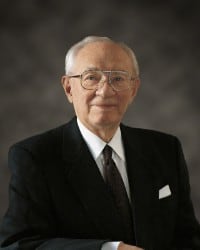
“Knowledge without labor is profitless. Knowledge with labor is genius.”
| Stand a Little Taller
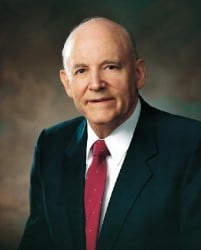
Now, may we refer specifically to vocational work or employment. The employment we choose should be honorable and challenging. Ideally, we need to seek that work to which we are suited by interest, by aptitude, and by training. A man’s work should do more than provide adequate income; it should provide him with a sense of self-worth and be a pleasure—something he looks forward to each day.
| Prepare for Honorable Employment
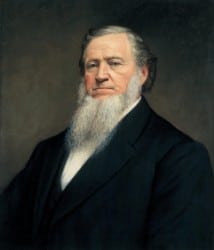
When faith springs up in the heart, good works follow, and good works will increase that pure faith within them.
| Journal of Discourses, 3:155

“Willingness to experience difficult thoughts, feelings, and experiences is put in the service of our values. This is what makes willingness different from wallowing”
| S. C., & Walser, R. D. (2007). Learning ACT: An acceptance & commitment therapy skills-training manual for therapists. Oakland, CA: New Harbinger Publications.

If the people will only be full of good works, I will insure that they will have faith in time of need.
| Journal of Discourses, 3:154
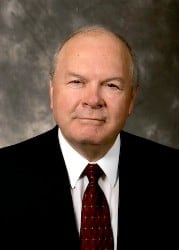
“We exercise appropriate faith in our Master by involving ourselves in the work of the Master”
| By Grace Are We Saved. Salt Lake City: Bookcraft, 1989.

“Nothing will work unless you do.”
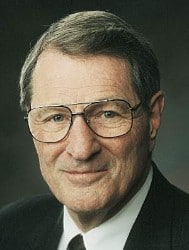
“True faith is not to be brought about by overwhelming and intimidating intervention from God”
| “Not My Will, But Thine.” Salt Lake City: Bookcraft, 1988.